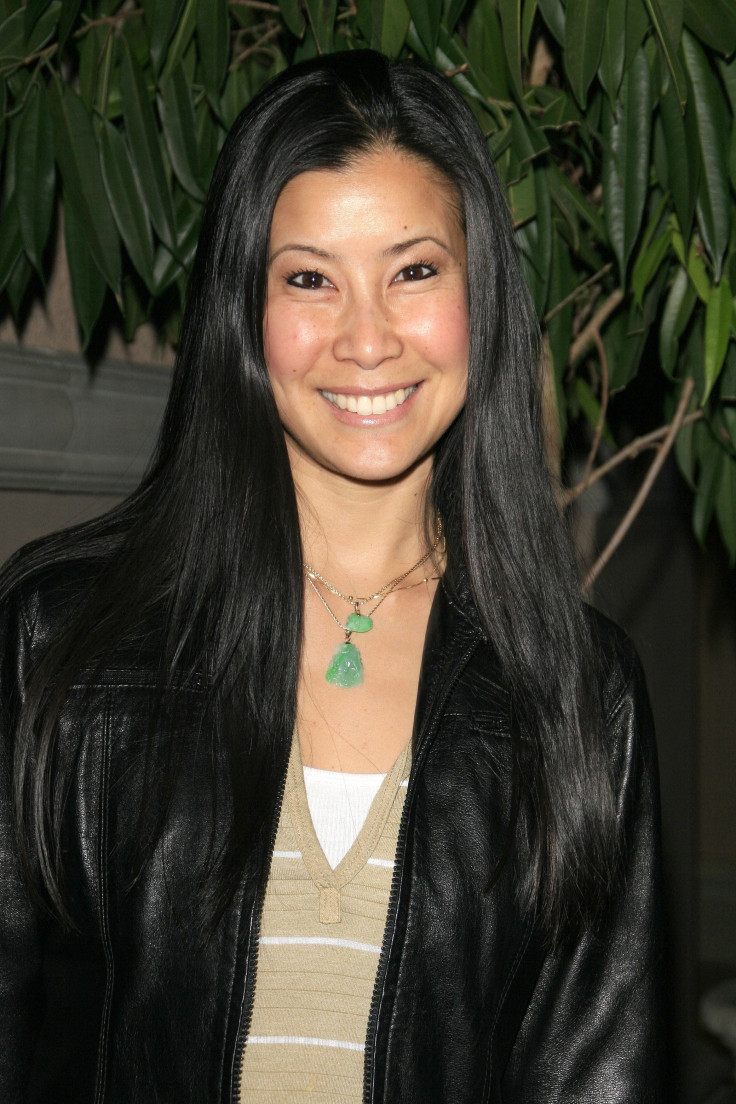Journalist Lisa Ling Gets Diagnosed With ADD At Age 40, Feels 'Relieved' After Struggling With Attention Since Childhood

People are frequently diagnosed with attention-deficit disorders in their childhood years, so it was surprising for journalist Lisa Ling, host of “Our America with Lisa Ling” on the Oprah Winfrey Network (OWN), to discover she had the disorder in her forties.
Lisa Ling always felt like she had trouble concentrating — especially when it came to subjects in school that weren’t interesting to her. Though she had always considered the possibility of having ADD or ADHD (attention-deficit hyperactivity disorder), Ling didn’t discover her true diagnosis until she delved into the issue for an episode of her TV show, aired on OWN. She decided to undergo a test herself on camera and was diagnosed on the spot.
“I have always had a bit of a difficult time focusing on things that aren’t interesting to me, and I get really, really anxious before taking any kind of test or having any kind of evaluation,” Lisa Ling said in an interview. “As a journalist, when I’m immersed in a story, then I feel like I can laser-focus. But if I’m not working, my mind goes in every direction but where it’s supposed to go. I’ve been like that since I was a kid.”
Though she had issues in elementary and high school, Ling went on to become a professional reporter. She still struggles, however, when she’s not focusing on her journalistic work. Adult ADD/ADHD is slightly different than childhood ADD/ADHD, and it affects every person differently. One common symptom of adult ADD/ADHD is hyperfocus, the ability to concentrate very well on tasks that they find rewarding and interesting. Many adults with ADD/ADHD exhibit an ability to hyperfocus at times when they are engrossed in interesting work, but struggle with distraction, procrastination, and disorganization throughout their regular lives.
While interviewing Dr. Craig Liden, an expert on ADD/ADHD, Ling underwent an evaluation in order to better understand her own concerns. She took a series of tests and felt anxious during the examination. Liden told her: "There's really two or three key things that came out of this. The one that really sticks out at the top is any part of the testing that demanded focused, sustained attention, you had much more struggle with." He then continued: "I do feel like you meet all the criteria for having Attention Deficit Disorder."
Ling ultimately found relief in the diagnosis "because, for so long, I've been fighting it and I've been so frustrated with this inability to focus ... It's sort of exciting to think where things could go."
Plenty of people may have the disorder but are undiagnosed, since in earlier years their hyperactive or inattentive symptoms might have been mistaken for various character traits, such as rebellion, lack of motivation, or lack of willpower. But ADD/ADHD is a chemical disorder that can be improved with medication. "My belief is that if you've got a biologically based problem with your ability to pay attention, then you're a candidate for using medication," Liden said. "I don't see the medicine as being the sole treatment. We're going to help refine the strategies that you do have right now and develop some new ones to help you function at a much higher plane than even where you are right now."
The media has focused on the increase of ADHD diagnoses in children in recent years, but other childhood disorders have also risen — such as autism, depression, and anxiety. So while it may seem like the disorder is overdiagnosed, it's truly hard to tell.



























